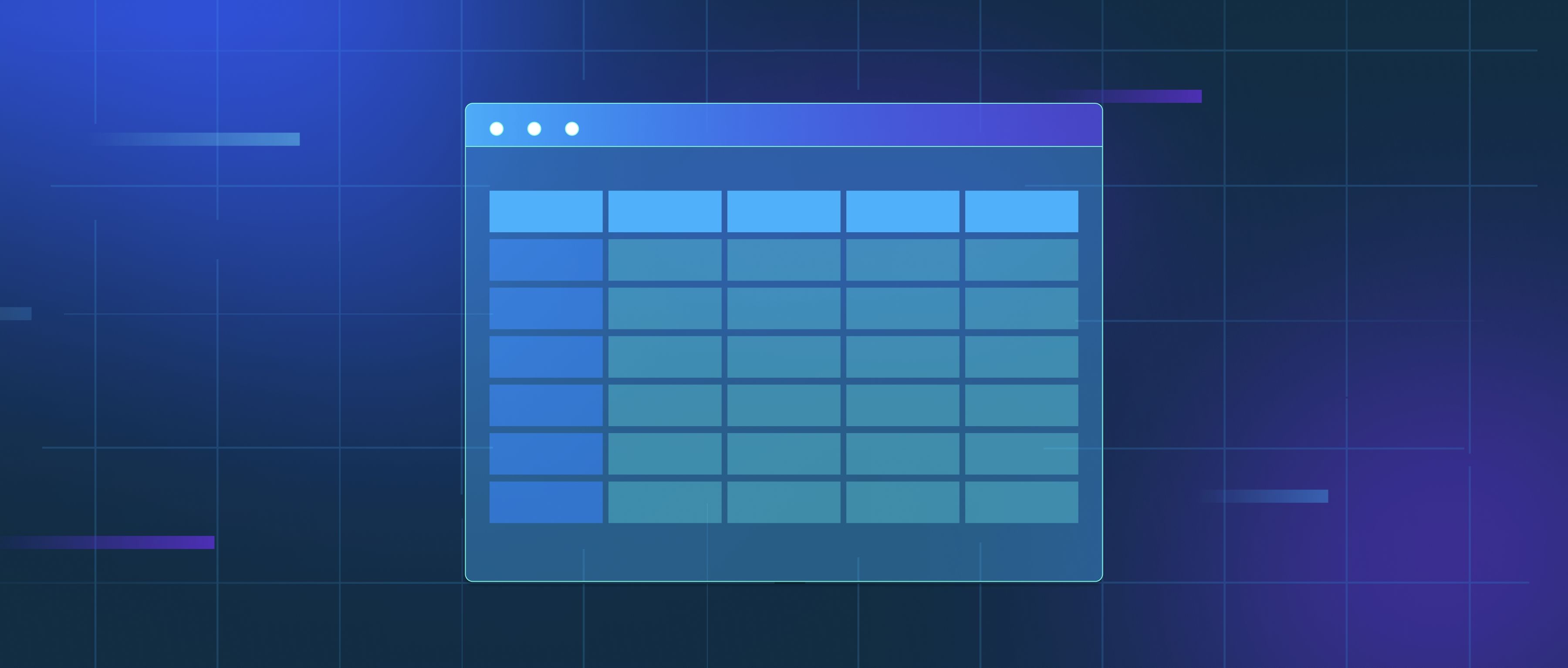The best camera for computer vision depends on the specific application and requirements such as resolution, frame rate, and depth perception. For general-purpose computer vision tasks, cameras like the Logitech C920 HD Pro Webcam and the Sony PlayStation Camera provide high-quality images at an affordable price and are widely used in academic and hobbyist projects. For more demanding applications, such as industrial inspection or autonomous vehicles, higher-end cameras like the Basler ace series or the FLIR Blackfly S series provide better resolution and faster frame rates. These cameras are designed for precise image capture and are often used in machine vision systems. Depth-sensing cameras like the Intel RealSense D435 are also highly recommended for tasks involving 3D object detection and tracking, as they provide depth information in addition to standard RGB imagery. Cameras with stereo vision, LiDAR, or structured light sensing are critical for robotics and augmented reality applications, making them some of the best choices for these complex tasks.
What is the best camera for computer vision?

- Master Video AI
- Optimizing Your RAG Applications: Strategies and Methods
- Vector Database 101: Everything You Need to Know
- AI & Machine Learning
- Information Retrieval 101
- All learn series →
Recommended AI Learn Series
VectorDB for GenAI Apps
Zilliz Cloud is a managed vector database perfect for building GenAI applications.
Try Zilliz Cloud for FreeKeep Reading
What is the role of pooling layers in CNNs?
Pooling layers in convolutional neural networks (CNNs) are used to reduce the spatial dimensions of the input data while
How do document databases handle caching?
Document databases handle caching primarily through in-memory data structures that speed up data retrieval and reduce th
How do I evaluate the performance of a retriever in Haystack?
To evaluate the performance of a retriever in Haystack, you can follow a few structured steps that mainly involve assess